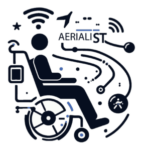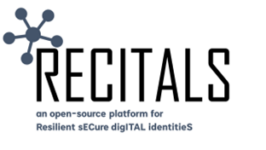The population in Germany is living longer and longer: Life expectancy has risen from 78 to 81 years in the last twenty years. However, this is also associated with considerable and continuously rising healthcare expenditure. This is because the older people get, the more frequently multiple chronic diseases and age-related functional deficits usually occur. The individual patient becomes a complex clinical mosaic that also poses challenges for traditional medicine due to increasing costs.
Digitization opens up research and application potentials for a large number of disease patterns in order to improve prevention, diagnostics and therapy. The analysis of large clinical and molecular data sets (Big Data) can make an important contribution to personalized, individualized medicine and possibly even reduce costs in the process. We present some research projects that demonstrate the potential that arises from the analysis of big data in the biomedical field for personalized medicine.







